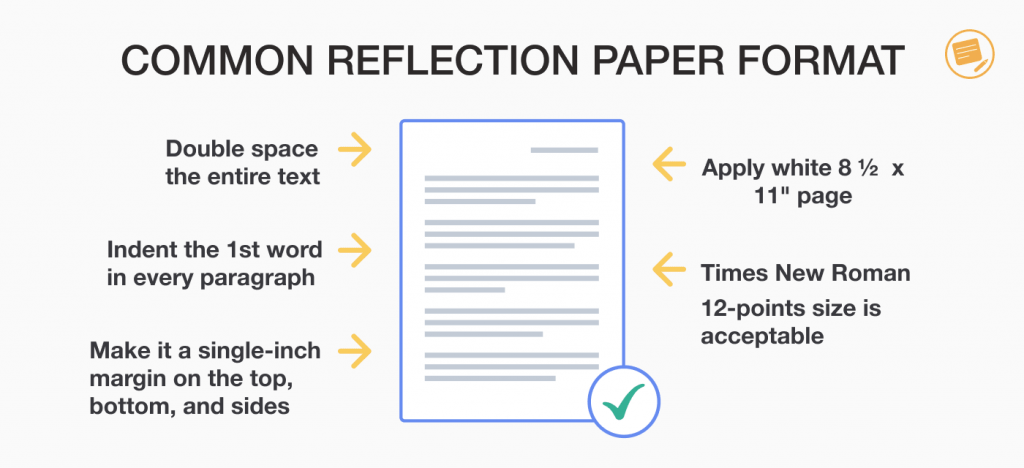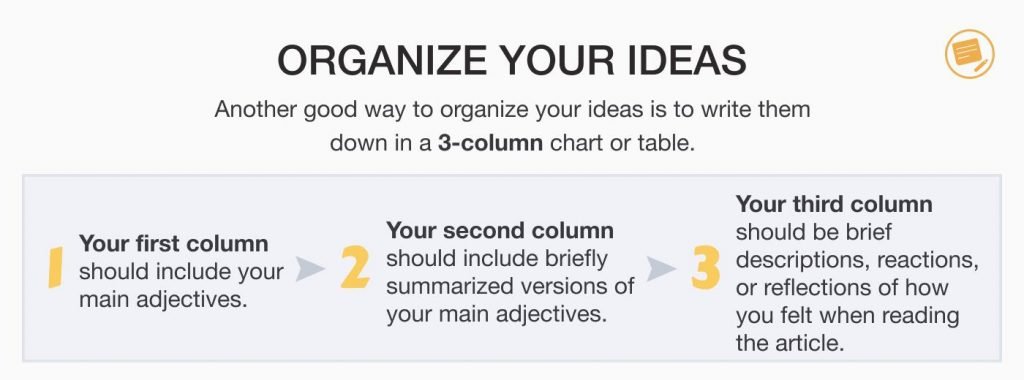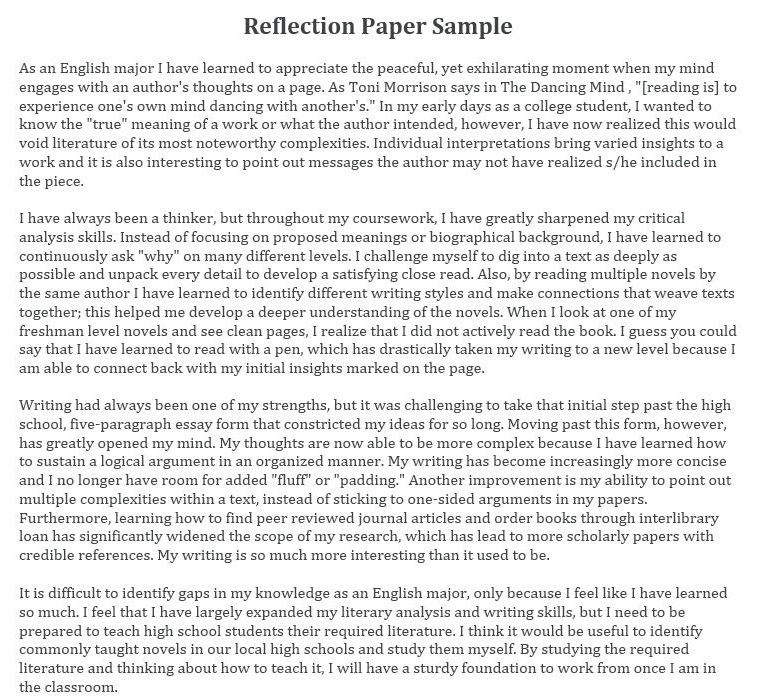How to Write a Reflection Paper On An Article
A reflection paper is a fairly common type of essay that students of educational institutions often have to write. It must be academically correct, in accordance with generally accepted norms, but, at the same time, be deeply personal. This particular kind of essay aims to “challenge the student to an open conversation”, honestly analyze and reflect on how this or that article or book influenced his/her thoughts on the subject. To understand how to create a really high-quality reflection paper, you should familiarize yourself with the information provided below. Many students turn to a reputable college paper writing service to ensure their reflection paper strikes the delicate balance between academic rigor and personal introspection, fostering an open dialogue and insightful analysis of their thoughts influenced by various articles or books.
Reflection Paper. Definition and Formatting
The reflection paper is a type of essay that obliges the person who writes it to share his/her personal opinion on a topic, without fail backing it up with his/her observations, thoughts, and personal examples. An indispensable condition for working on an analytical essay is a logical, coherent, and clear presentation of your thoughts and experiences. The beauty of the reflection paper is that there is no right or wrong answer to the matter that is discussed. This is simply impossible because you are writing about your personal experiences, thoughts. That is, when writing a reflection essay, you can not be afraid that the professor will disagree with you.
In general, when setting a task to write a reflection paper, professors do not put forward strict requirements so as not to “hamper the flight of students’ thoughts”. Nevertheless, there are several generally accepted norms in the formatting of the assignment. Here, they are:

Normally, a reflection essay’s size does not exceed 400-800 words.
Reflection Paper. What To Begin With?
A prerequisite for writing a really good analytical piece is a careful reading of the article on which you need to write a paper. In order to truly feel each thesis in it, read it twice, or three times if you need it. But, do not just look through the material, along the way, write down interesting thoughts and questions that arise when you read it, make full notes on the content of the academic work.
After you’ve read your article, it’s time to brainstorm. There are a number of simple but important questions that will help you build your reflection paper in a pleasant and logical way. Here, they are:
- What has changed in you after reading the article?
- What is it about this article that grabs the reader’s attention?
- Has this material changed your opinion about anything? If yes, explain how, if not, justify why.
- Do you have unresolved questions after reading the article?
- Have you ever read something like this?
- How did you feel right after reading the article?
An alternative dependable approach to arrange your thoughts is to write them down in a three-column table:

The end result of your brainstorming should be a rough written summary of the content of your future reflection paper.
Typical Plan Of A Reflection Paper
Naturally, an analytical essay consists of three main parts, such as:
Introduction
In this fragment of the reflection paper, the writer must clearly indicate on what reason he/she expresses his/her opinion, what he actually is reflecting on. The reader should be absolutely sure about the position of the author on this subject. Here, you must:
- indicate exactly what you are analyzing: passage, lecture, academic article, experience, etc.)
- briefly describe what it is about.
- write a thesis about how it (this article) influenced you.
Main Part
Here, the author is obliged to clearly and logically describe all his experiences, thoughts, and ideas that arose in the context of this topic. Each new paragraph begins with a thematic sentence. It will not be superfluous to introduce quotes or even small excerpts in this part of the reflection essay, they will help the reader better navigate the author’s feelings and thoughts.
Conclusion
In this part, it is necessary to summarize what the reading of this material gave you, what experience it was, what it taught, what it made you think about. It is necessary to tell the reader how your new knowledge has impacted your understanding of the subject in general. Excellent completion of the reflection paper will be reformulating the thesis and summarizing the content of the written work.
Tips For Writing A Good Reflection Paper
There are no standard requirements for formatting and the actual presentation of an analytical essay. Here, the author is given a lot of freedom. But still, there are several recommendations that will be useful for those who are just going to write their first reflection paper.
So, here they are:
- Check out examples. Read similar essays by other authors before you start working on an analytical assignment. This is necessary in order to understand the general idea and
and how to approach your work in general. - Choose a non-trivial and interesting topic, if possible.
- Don’t finish your reflection essay in one sitting. Extend this process, and do proofreading at least a few hours after the completion of the work.
- Do not go beyond the specified volume of the essay. The average size of the analytical paper is 400-800 words, you should not exceed it.
- The essay must be clear and concise. The author should make his report as clear and concise as possible. Use a strong thesis so that your reflection essay can follow it with the same strength.
- The reflection paper should have an academic tone, vulgarisms and slang are not allowed.
- An analytical piece for an article should contain relevant quotes and excerpts from the text.
- Errors are unacceptable, be they spelling, grammatical or semantic errors. Check the final work carefully.

Summary
The reflection paper is a type of essay that students are often asked to write. In particular, it can be an analytical piece on a book/article or academic work. There are a number of guidelines on how to make a reflection paper really worth looking at, the most important of which is the brevity and consistency of the narrative, as well as the academic tone of the essay.
